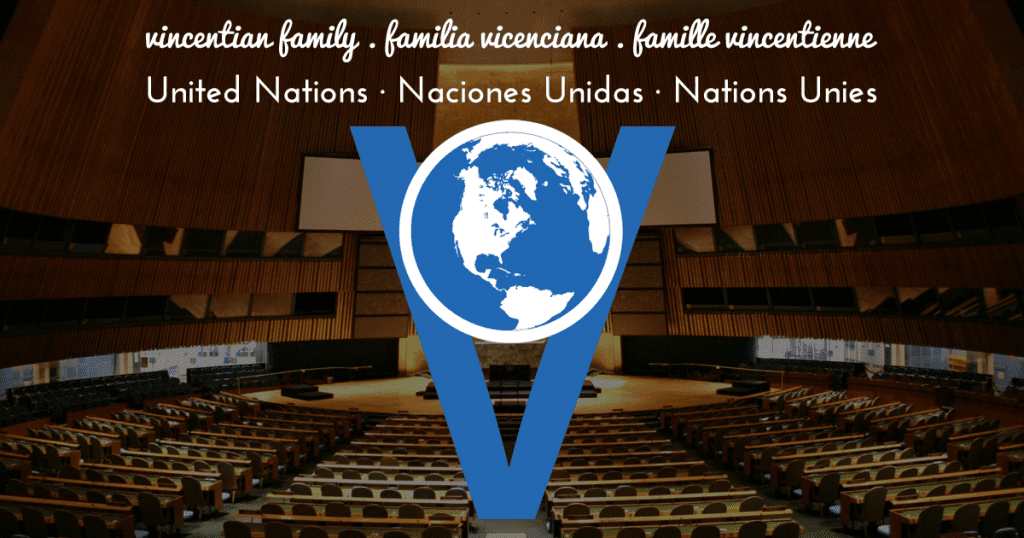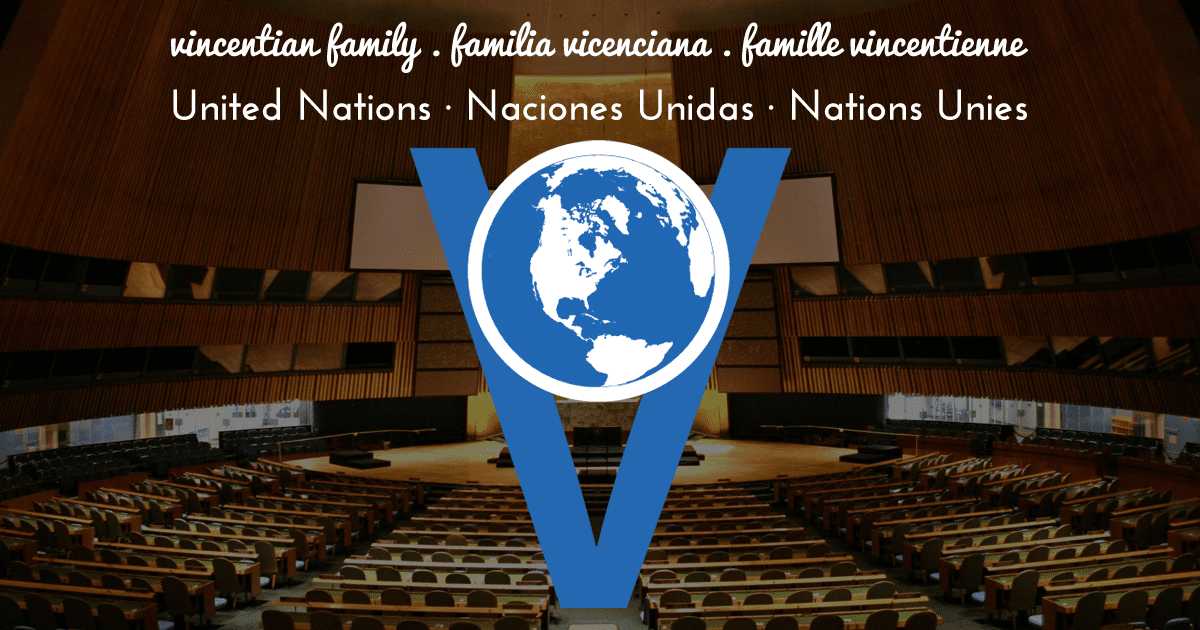Global Compact on Migrants
The New York Declaration of 2016 had given new hope to Migrants and Refugees all over the world with the assurance of a new Global Compact to address the issues and challenges they face. It expressed the political will and commitment of the world leaders to protect the rights, strengthen global governance of migration, implement a comprehensive refugee response plan and share responsibility. According to the International Migration 2017 report, 258 million people are living in a country other than their country of birth. And according to United Nations High Commissioner for Refugees, 65.3 million people are forcibly displaced globally.

The Declaration called on the 193 Member States to begin negotiations for a Compact to ensure a safe, orderly and regular migration which would be adopted in September 2018.From April 2017, preparatory negotiations on thematic issues on Migration were held in New York, Geneva and Vienna where not only member states, but NGOs and Civil Society were able to engage in.
A group of NGOs from around the world came together to advocate in one voice by presenting a Civil Society vision for a transformative agenda for human mobility and migration in ten acts. These are based on the universal human rights and fundamental freedoms – all people on the move must be allowed to enjoy these rights. The Compact must directly benefit migrants, refugees and societies; it must build upon international human rights law and labor conventions and protocols; and allow meaningful participation of Civil Society, including migrants, refugees and diaspora organizations. The rights of children and gender responsive policies other focus areas.
The ten Acts are:
- End the drivers of forced displacement and normalize and facilitate migration by choice.
- Enhance safe, regular and affordable pathways and opportunities for human mobility that comply with human rights.
- Meet the needs and respect, protect a fulfil the human right of all migrants and refugees in distress, in transit, at borders and at destination, and end their criminalization and detention.
- Promote safe and decent labor mobility, working conditions and labor rights for migrants and refugees.
- Ensure safe and decent living conditions and access to social services and justice for all migrants and refugees.
- Provide quality education and developmental care for all children, and improve student mobility, learning opportunities and recognition of skills and qualifications.
- Promote social cohesion and inclusion of migrants and refugees into societies and combat all forms of xenophobia, racism and discrimination.
- Foster transnational connections and contributions of migrants, refugees and diaspora to sustainable development, and reduce transaction costs for remittances and investments.
- Develop global principles on the governance of return, reintegration and alternatives to return that guarantee the rights, safety and dignity of all migrants and refugees in these contexts.
- Create transparent, accountable and participatory mechanisms and means of implementation for rights-based global governance of human mobility and migration.
To ensure the proper implementation of this global compact, the Civil Society has presented a graduated timeline till 2030.
Given the challenges and problems migrants and refugees face everywhere, there is an urgency to act NOW and NGOs based in New York are focusing on the following priorities for advocacy:
- protection and assistance for migrants in vulnerable situations across the migration cycle, especially women and children, particularly for those migrants experiencing abuses in transit and at borders;
- protection of the human rights of migrant children as enshrined in the UN Convention on the Rights of the Child;
- impact of environmental degradation on forced migration and protection of their human rights.
These advocacy points need to be viewed in light of the conditions of the Rohingya refugees fleeing into Bangladesh and the North African migrants languishing in detention centers in Libya, as well as all the border regulations being implemented by countries in Europe and elsewhere. The European Union has made a deal with Turkey to block the flow of asylum seekers into Europe and consequently tens of thousands are stuck in camps and suffering trauma and depression. Likewise, the EU made another deal with Libya to set up “safe” refugee camps to facilitate the voluntary repatriation of refugees to their countries of origin. According to the IOM – International Organization for Migration, “hundreds of migrants along the North African migration routes are being caught and sold openly in modern day slave markets in Libya.” The IOM is airlifting 15,000 African migrants from the detention centers in Libya to return them to their countries.
Anti-migration laws along the Balkan routes are making it harder for migrants to apply for asylum or legally cross borders. Hungary has passed anti-migration laws to prevent non-Europeans who do not intend to apply for asylum in the country from passing through its territory. In the United States, undocumented immigrants are facing deportation.
Any hope for a global voluntary compact that would ensure the rights of migrants has been dashed by the withdrawal of the United States of America from the negotiations in early December – just prior to the three days of preparatory talks in Mexico. According the US Ambassador to the UN, the negotiations are “simply not compatible with U.S. sovereignty.” She further stated that, “our decisions on immigration policies must always be made by Americans and Americans alone.” It must be noted that historically the U.S. has welcomed people from all over the world and it is home to the largest number of international migrants in the world. The U.S. did have a critical role to play in the negotiations. But their resent position is going to take focus away from multi-lateral negotiations to unilateral or bilateral deals, which will not lead to a global compact that will benefit all migrants and refugees.
Pope Francis has brought the cause of migrants and refugees into focus in his message on the World Day of Peace 2018 – Migrants and refugees: men and women in search of peace. He prays specially for migrants and refugees daily and urges us to cultivate a “contemplative gaze that recognizes that all of us ‘belong to one family, migrants and local populations that welcome them, and all have the same right to enjoy the goods of the earth, whose destination is universal, as the social doctrine of the Church teaches.” “A contemplative gaze should also guide the discernment of those responsible for the public good, and encourage them to pursue policies of welcome, within the limits allowed by a correct understanding of the common good.”
The Pope offers four mileposts for our action:
- Welcoming calls for expanding legal pathways for entry
- Protecting the dignity of those who flee
- Promoting the integral human development of migrants and refugees
- Integrating – allowing refugees and migrants to participate fully in the life of the society.
We all have a role to play for the future of migrants and refugees – we can pray, enter into dialogue with people around us and do advocacy at the local, national or global level. Beyond a contemplative gaze we can welcome the stranger into our midst and integrate them into our societies.
Read the full message by clicking here.
Teresa Kotturan, SCN, NGO Representative for Sisters of Charity Federation







0 Comments